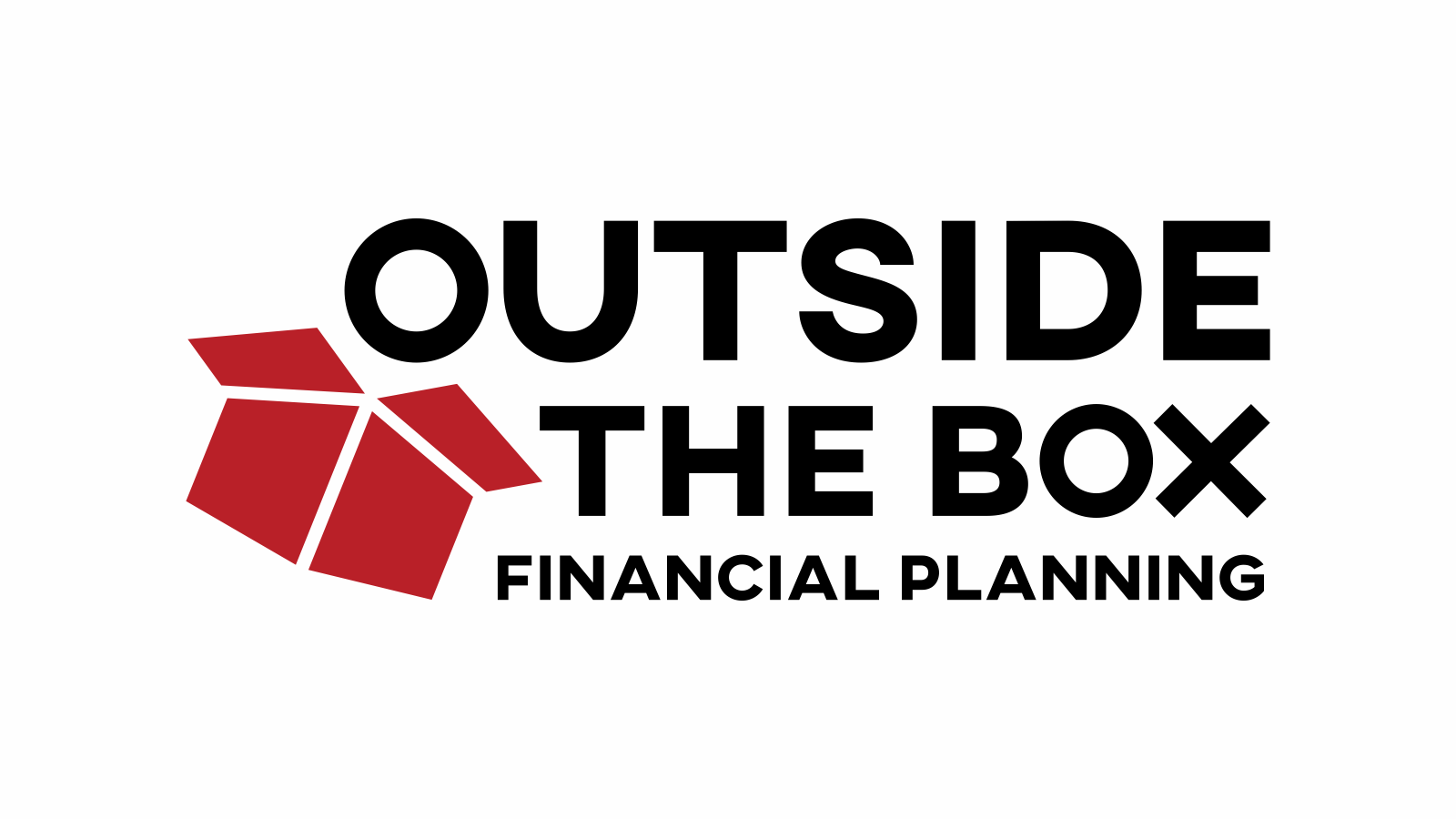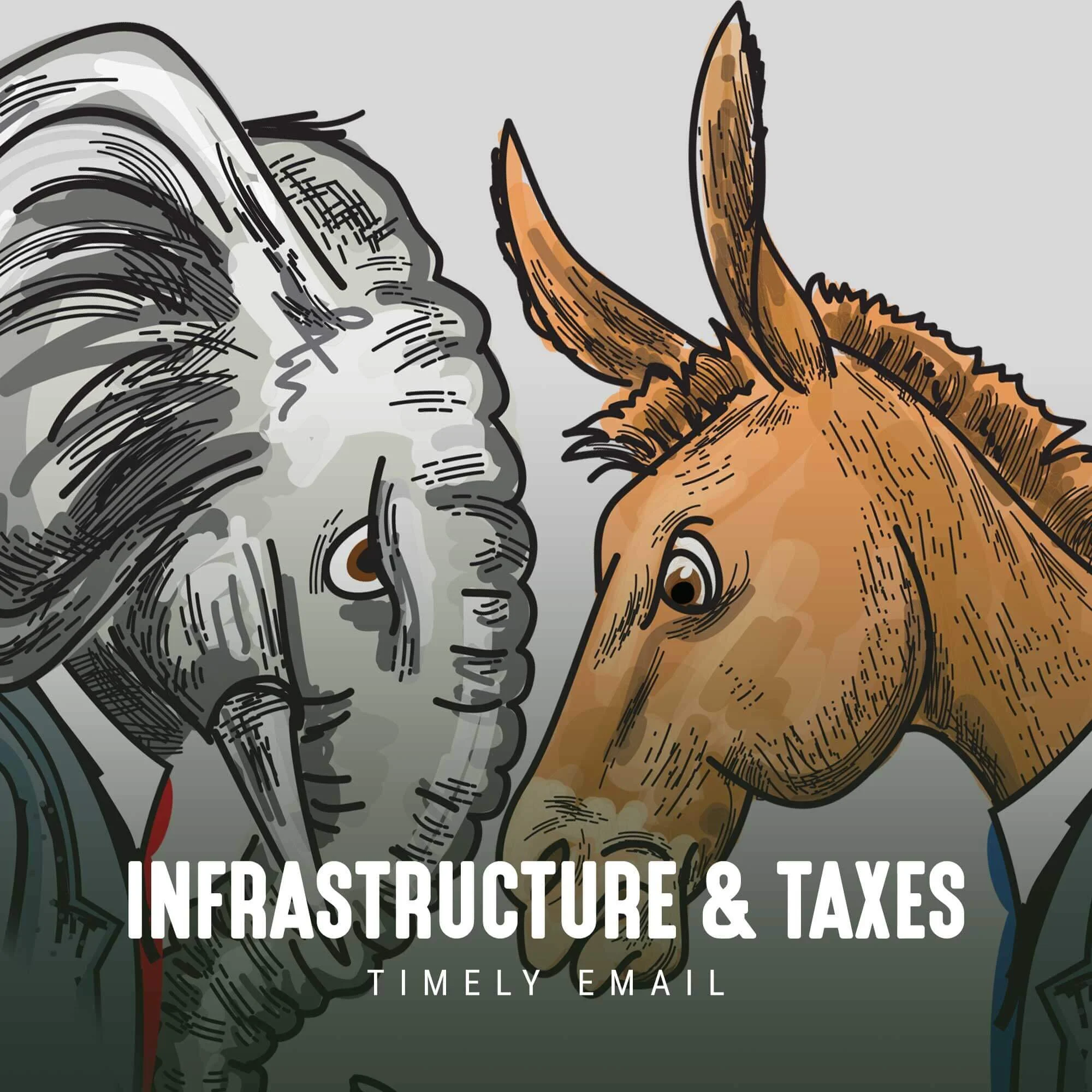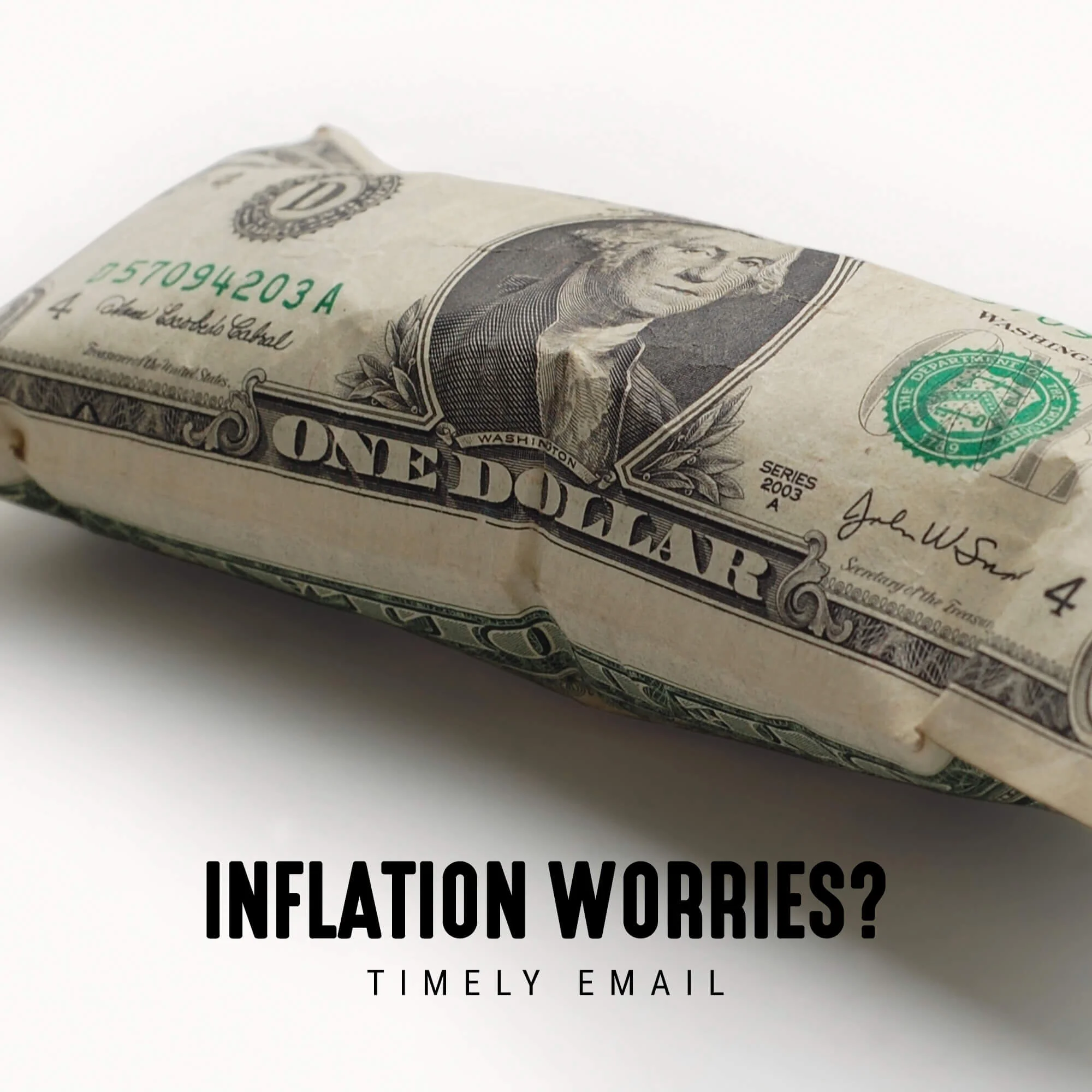September has historically been the worst month of the year for investors. So much for the notion of “Sell in May and Go Away.” If you subscribed to that so-called market strategy in 2020, here is what you would have missed:
The S&P 500 was up:
4.5% in May;
1.8% in June;
5.5% in July; and
7.0% in August.
And don’t forget, those four months of S&P 500 gains were on the heels of April’s 12.7% increase.
Five consecutive up-months for the S&P 500. And the S&P 500 just recorded its best August since 1986. If you need more stunningly good news, consider this:
The notion of “Sell in May and Go Away” seems downright absurd right now, doesn’t it?
But now we’re headed into September – historically the worst month for the stock market. Will this time be different?
The September Swoon
The “September Swoon” is a seasonal trend in the stock market and one that has been well documented by researchers and the press. The fact is, September has historically been the worst month on the calendar for stocks – from 1928 through 2019, the S&P 500 Index has fallen an average of 1.0% in September, according to Standard & Poor’s and Haver Analytics. February averages -0.1% and May averages -0.2%, the only other months with an average loss over those 90+ years.
Seasonal Trends
Seasonality is based only on the analysis of years of historical data. A seasonal trend is discovered if a pattern emerges in this analysis, in terms of average performance in a certain month.
It’s important to remember, however, that due to financial, psychological, and political factors, stock market behavior can run completely contrary to the seasonal trend in a given year (as it did in 2019, 2018 and 2017).
Because the stock market in September has shown markedly different behavior, on average, for 90+ years, these results are not coincidental. There is a genuine seasonal trend.
Possible Reasons for the September Swoon
So, why does the stock market generally drop in September? What causes the September Swoon? Economists and financial analysts have studied this topic, but no one has reached a definitive conclusion. Here are some of the hypotheses:
Summer vacation: This hypothesis holds that traders and investors are more likely to sell their stocks after returning from their August vacations or long, Labor Day weekends. Trading volume tends to decline during the summer, and then investors – especially professional investors – get back to trading from their computers.
Third-quarter: Many mutual funds have fiscal years ending in the fall, provoking them to sell their losing stocks for “window-dressing” purposes. This term describes the process of a portfolio manager making cosmetic changes at the end of the quarter because they list their holdings at the beginning of a new quarter – their list of holdings looks better without the poor performing stocks.
Tax losses: Investors begin to sell declining stocks to harvest their tax losses, getting ahead of other investors who sell at year-end. This hypothesis also draws support from the observed “January effect,” where investors buy back the stocks that they sold for tax purposes.
Tuition time: With this hypothesis, many investors must sell large amounts of their stock holdings to pay their children’s tuition bills at colleges, universities, and prep schools. And for most, the school year begins roughly in September.
Seasonal Affective Disorder (SAD): A university study suggested that the sharp drop in the amount of daylight in New York City in September might trigger Seasonal Affective Disorder (SAD), a type of depression related to changes in seasons. As a result, according to this hypothesis, some investors become more risk-averse, so they sell losing stocks, unwilling to wait for things to get better.
Cultural trends (summer vacations, back-to-school in the fall), regulations and taxes (third quarter, tax losses), and even psychological effects of weather (seasonal affective disorder) have been offered as explanations for this strange September market trend. Unfortunately, none of these explanations has been proven, frustrating researchers who seek reasons for patterns in the stock market. Maybe each of these factors contributes to the trend. No one really knows the reason for the September Swoon.
Should You Change Your Portfolio?
If someone discovered a convincing explanation for the September Swoon, would this help investors? Probably not. Savvy investors might jump the gun, selling stocks in August, and then others might try to beat them by selling in July. Of course, the seasonal September pattern would then disappear, replaced by some other trend.
But even if there is no proven reason for this September Swoon, shouldn’t an investor make changes, anyway? Because of this seasonal trend toward declining stock values in September, traders and investors might be inclined to alter their portfolios.
However, the September Swoon is based on an average, the average monthly performance of the stock market since before the Great Depression. While September is, on average, the worst month for stocks, this doesn’t mean that each individual September is bad. In fact, this “September Swoon” notion did not hold true in 2019, 2018, or 2017 (2016 was down 0.12%). No one knows the definite reason for this 90+-year “September Swoon”, so trying to guess which year will be bad is a fool’s game.
Seasonality vs. Market Timing
Remember, there is a difference between market timing and seasonality. Seasonal trends reflect how the market will behave in particular months as part of a long-term trend. Market timing is based on short-term price patterns. Timing the market perfectly is, of course, impossible. As discussed above, seasonal trends are grounded in the analysis of years of data, but not every year is identical.
It is important to remember that investors who trade frequently spend more time and pay more commissions, but they do not necessarily make more money. The buy-and-hold strategy might be best for you. A knowledgeable financial advisor who understands you and your goals can help.
Partnering with Outside The Box Financial Planning offers numerous benefits for individuals seeking retirement planning, small business support, wealth management, and beyond. With their fiduciary duty, comprehensive approach, unbiased advice, transparent fee structure, and ongoing support, OTBFP act as a trusted advisor who prioritizes your best interests. Click here to schedule a complimentary “Fit” meeting to determine if we would make a good mutual fit.
Remember, financial decisions have long-lasting implications, and working with a professional can provide the expertise and guidance necessary to make informed choices that align with your financial aspirations.
However, if you would like to take a shot at building a financial plan on your own, we offer our financial planning software, RightCapital, free of charge. Click here to get started.






















